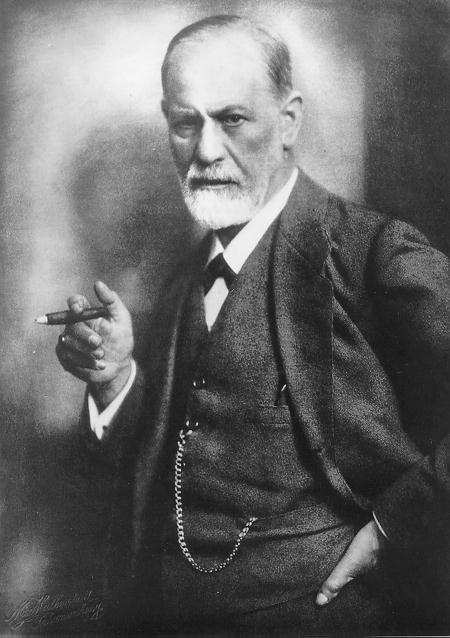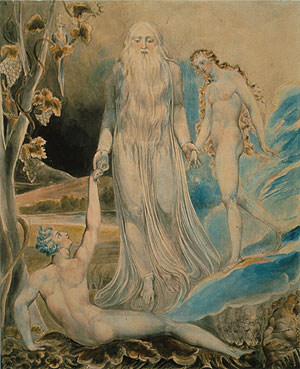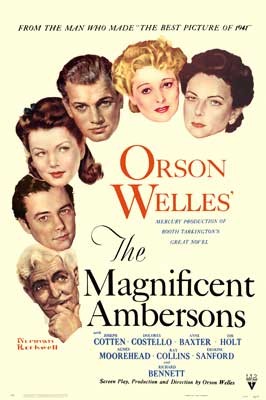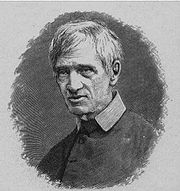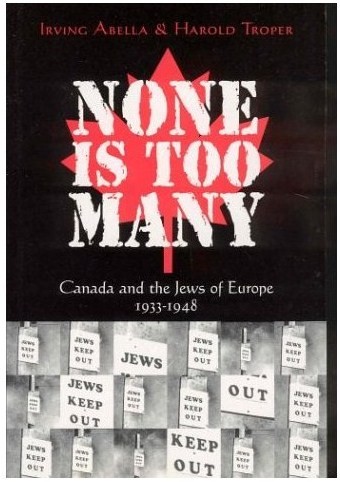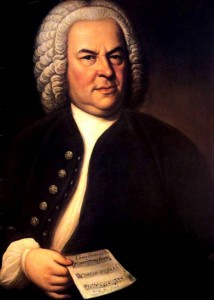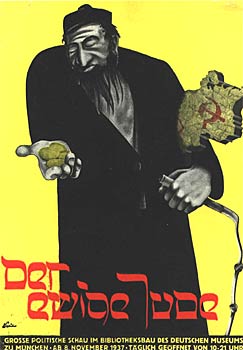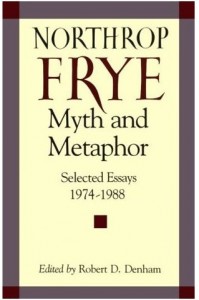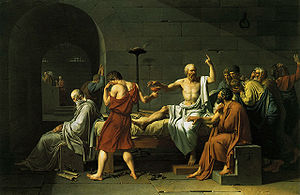
In response to Michael Sinding’s Comment:
I think Frye never wrote anything extensively on jazz. He gets a good bit of mileage out of the observation that Eliot’s Sweeney Agonistes pulses with a kind of jazz syncopation, repeating that observation three or four times. And there are scattered references to jazz here and there. Here are some:
From Diaries: “It snowed frantically all day, and I sat around wishing the chair in my office was more comfortable, wishing I didn’t have to read that goddamned Edgar book again, wishing I didn’t have to go to the Senior Dinner, wishing I could get started at my book and the hell with all this bloody niggling, wishing the college weren’t getting into such a rah-rah Joe College state, and so on. Regarding this last, Ken Maclean [MacLean] made the very interesting suggestion that Canada was having a post-war Jazz age of its own. It missed, very largely, the 1920 one, but now that we’re getting the post-war children, a lot of prosperity, and a tendency to make the Americans do the responsible jobs, along with a certain backlog of “progressive” education, we seem to be starting where the Americans have left off. (27 March 1952)
In his “Letters in Canada” reviews for 1957 there’s a reference to a poem by a jazz saxophonist. In the same column for 1959 we get this: “John Heath’s Aphrodite is a posthumous collection of poems by a writer who was killed in Korea at the age of thirty four. There is a foreword by Henry Kreisel, who is apparently the editor of the collection. The effect of these poems is like that of a good jazz pianist, who treats his piano purely as an instrument of percussion, whose rhythm has little variety but whose harmonies are striking and ingenious. There is a group of poems in quatrains, split in two by the syntax, where most of the protective grease of articles and conjunctions is removed and subject, predicate, object, grind on each other and throw out metaphorical sparks.”
